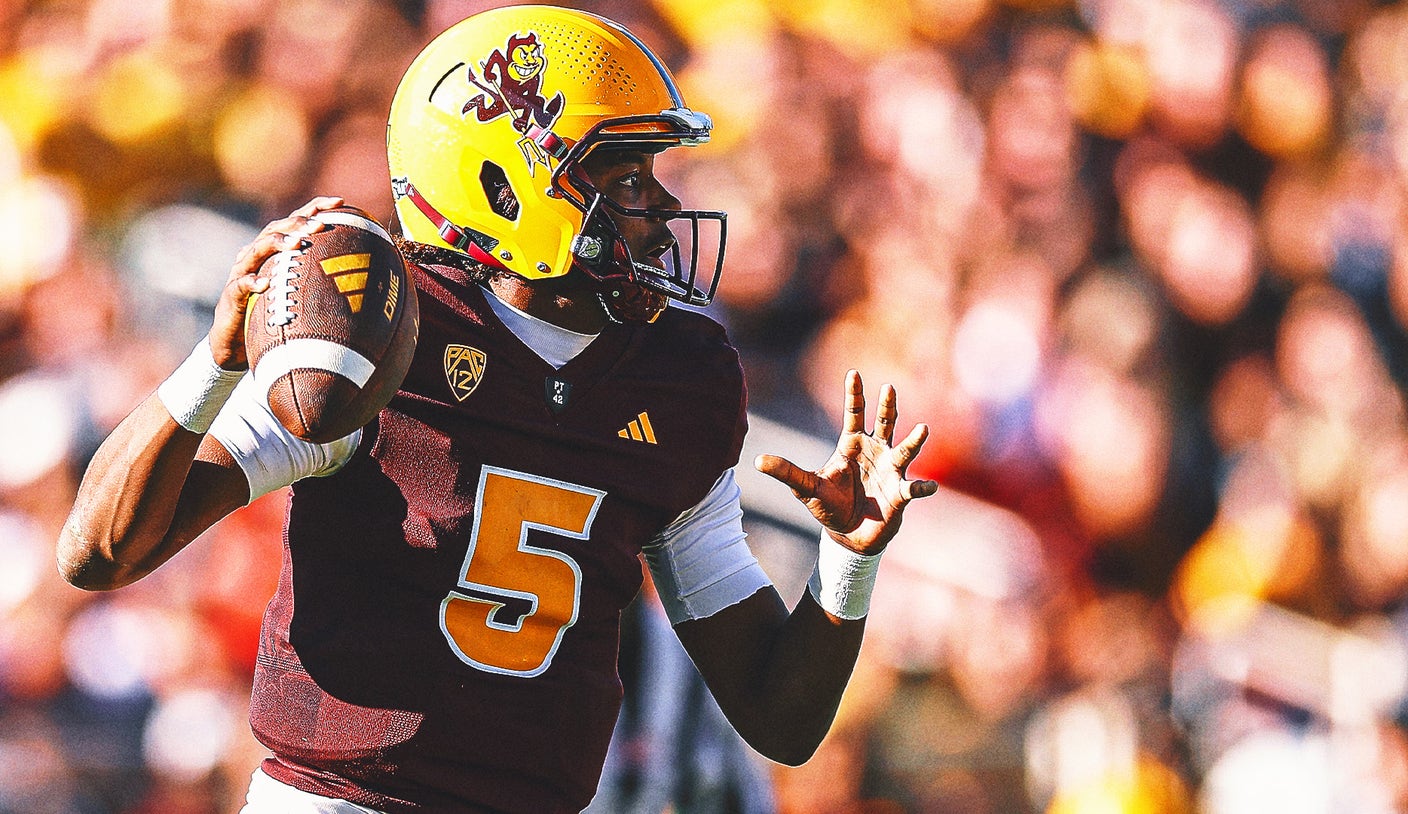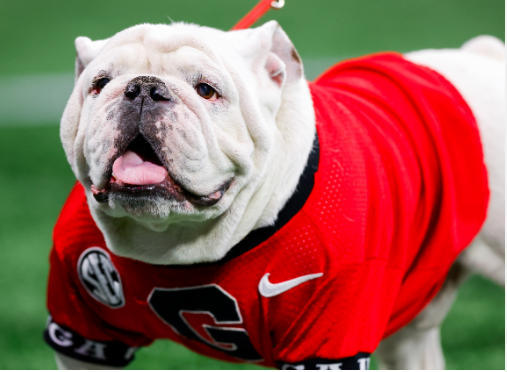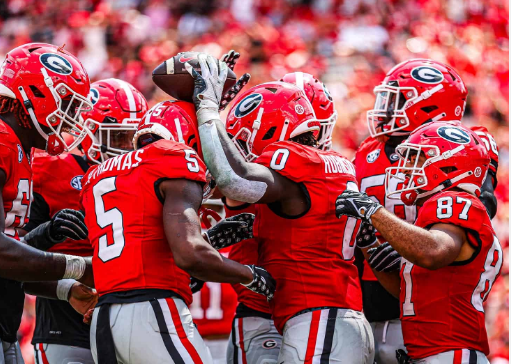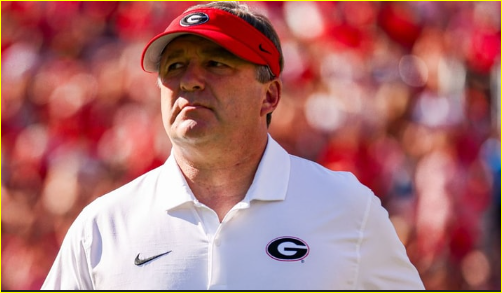On Tuesday, a University of Georgia quarterback filed a complaint against the University of Florida’s head football coach and other officials, alleging that they offered him a fake “name and likeness” (NIL) deal to join with the team.

According to the lawsuit filed in Florida, Jaden Rashada was guaranteed a $13.85 million NIL contract if he joined Florida Gators. However, once he accepted, the officials “changed their tune and went back on their word,” considerably reducing the offer, according to the complaint.
“Jaden’s miserable experience reveals in stark and dramatic detail what can happen to young student-athletes when wealthy, win-at-all-cost alumni insert themselves into college football’s recruiting process,” the complaint states.
Other plaintiffs include Huge Hathcock, a big Gators football booster, and his firm, Velocity Automotive, as well as Marcus Castro-Walker, the school’s former director of player engagement and NIL.
The defendants allegedly promised more money than other contenders, notably the University of Miami, who offered $9.5 million, before attempting to “strong-arm” Rashada into signing a significantly lesser contract. According to the lawsuit, Napier promised Rashada $1 million if he signed with UF, and Castro-Walker warned Rashada that if he didn’t commit, Napier would let him go.
Rashada is suing Velocity Automotive for fraud, tortious interference, and responsibility. The complaint seeks a jury trial and at least $10 million in damages.
“Sadly, this type of fraud is becoming more commonplace in the Wild West that is today’s college NIL landscape,” Rashada’s attorney, Rusty Hardin, told the Associated Press. “Wealthy alumni, consumed by their schools’ athletic programs, are taking advantage of young people by offering them life-changing sums of money, only to renege on their commitments.”
After the Florida agreement fell through, Rashada signed with Arizona State. He was drafted to play for the Georgia Bulldogs.
The NCAA had been investigating Florida’s recruitment of Rashada since June of last year. However, in March, the NCAA discontinued investigations into booster-backed collectives or other third parties who make NIL compensation deals with Division I players.
This is a developing story. Check back with Atlanta News First for additional information.



